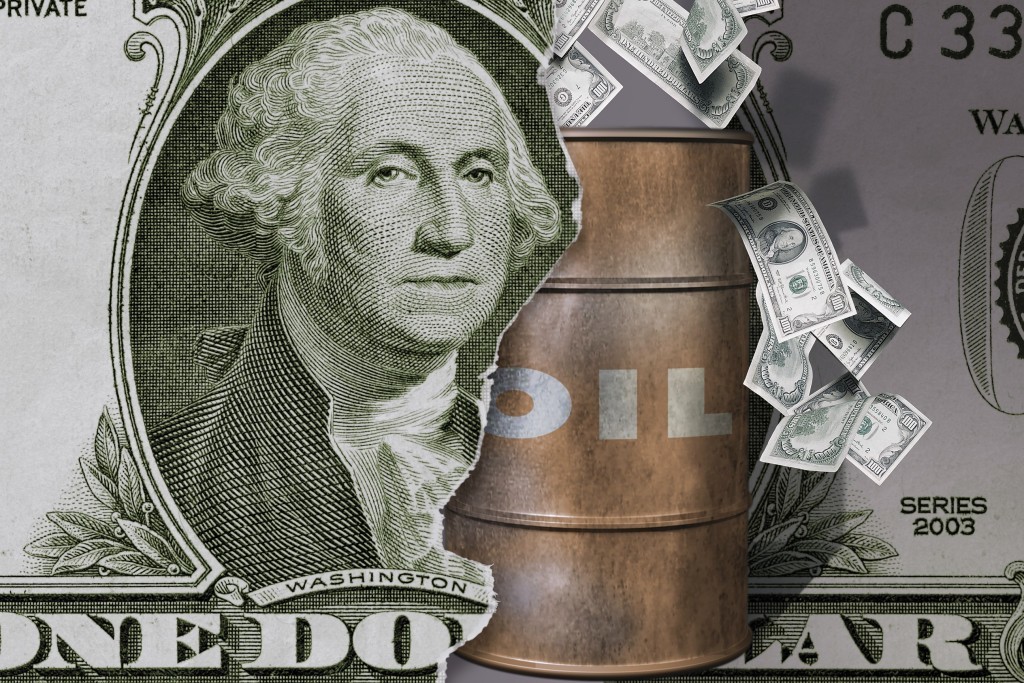
Saudi Arabia is working with other OPEC members and producers from outside the group to stabilise the market, Saudi Oil Minister Ali al-Naimi said.
The global economy is going through an unstable period and crude demand is expected to rise by one million barrels a day every year in this decade, and the world requires more investments in oil to compensate for declining recovery rates, he said.
The recovery rate for all the world’s oil fields is decreasing by about four million barrels a day, he added.
“Saudi Arabia is a very reliable supplier. We cooperate with OPEC and non-OPEC countries to stabilise the market,” al- Naimi said at a conference in Manama, Bahrain.
“We need billions of dollars to continue exploration and producing oil and to invest in spare capacity to stabilize the market.”
Threatened by surging output mainly from North America and Russia, the Organization of Petroleum Exporting Countries has been pumping above its target for 17 months as it seeks to take market share from higher-cost producers.
Oil has tumbled since last year as US stockpiles and production expanded, contributing with OPEC to global oversupply.
Brent crude, a pricing benchmark for more than half of the world’s traded oil, was trading 20 cents lower at $43.94 a barrel in London yesterday. Brent has lost 23% this year.
The oil market will start to re-balance next year and prices will improve, Matar al-Neyadi, energy undersecretary for the United Arab Emirates, said at the conference.
For every increase of $5 in price per barrel, global oil supply will expand by about 300,000 barrels a day, Seth Kleinman, London-based head of energy strategy at Citigroup Inc., said at the same event.
Shale oil production will be roughly flat in 2016 if prices are at around $50, and global demand next year will be disappointing, he said.
Even so, Kleinman doesn’t foresee a big drop in shale output. “I’m not negative forever on oil,” he said. “Things will be better in the long term.”
Oil will need to reach $100 for shale output to grow again, Paul Horsnell, head of commodities research at Standard Chartered, said at the Bahrain conference.
Current US shale output is slightly less than five million barrels a day and will drop by 900,000 barrels daily in 2016, he said. Total US oil production won’t recover to its recent peak until at least 2018, Horsnell said.
Saudi Arabia, the world’s biggest crude exporter, led OPEC to reject demands from members including Algeria and Venezuela to cut supply to bolster prices.
The group opted instead to maintain its production target at 30 million barrels a day to protect sales when it last met in June. OPEC ministers plan to gather again on December 4 to assess the market and decide on production levels.
Arab countries hold 57% of the world’s oil reserves, and that will grow on new discoveries, al-Naimi said.
Arab nations need $700 billion of energy investments over the next 10 years, while the region accounts for about 10% of global demand, he said.